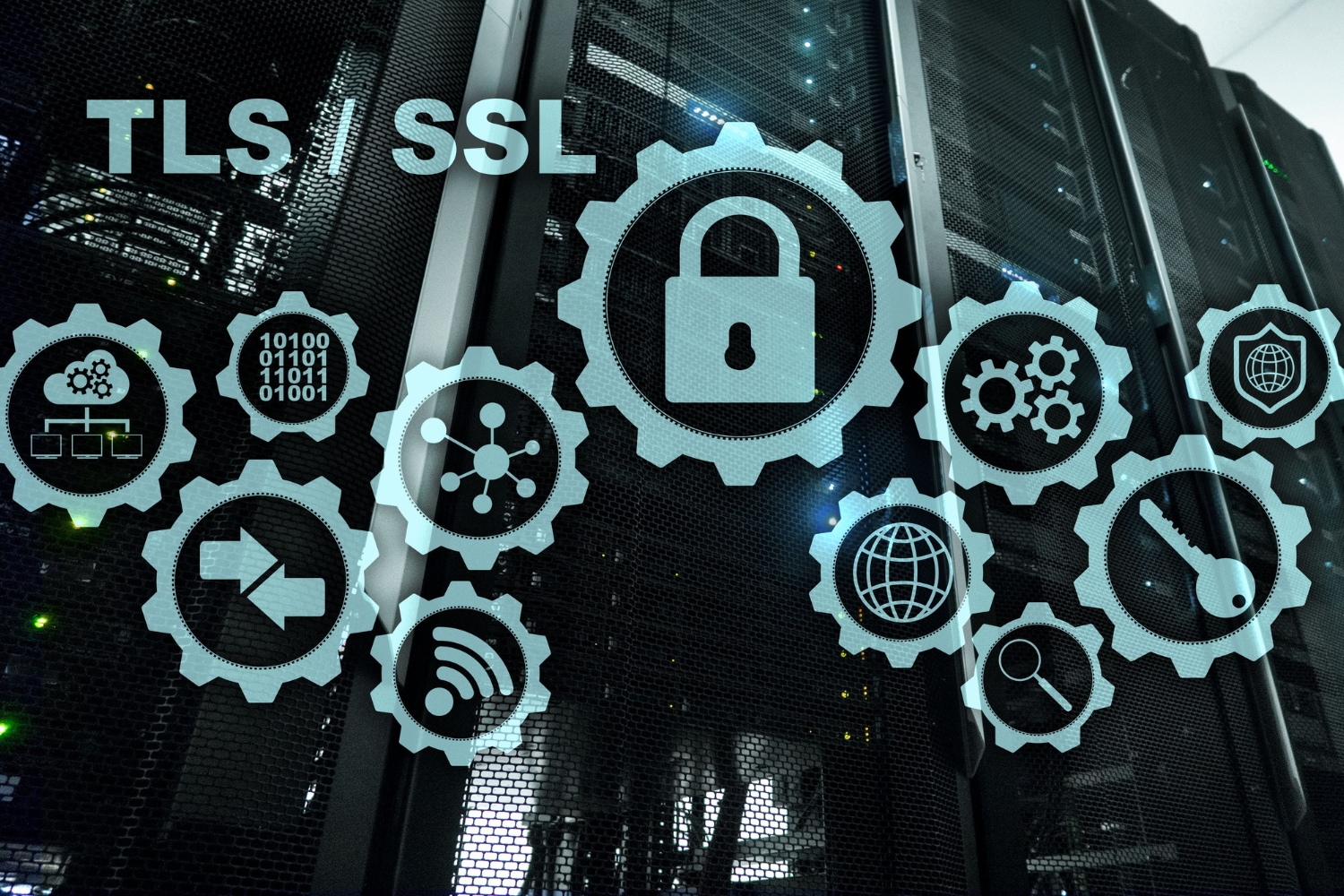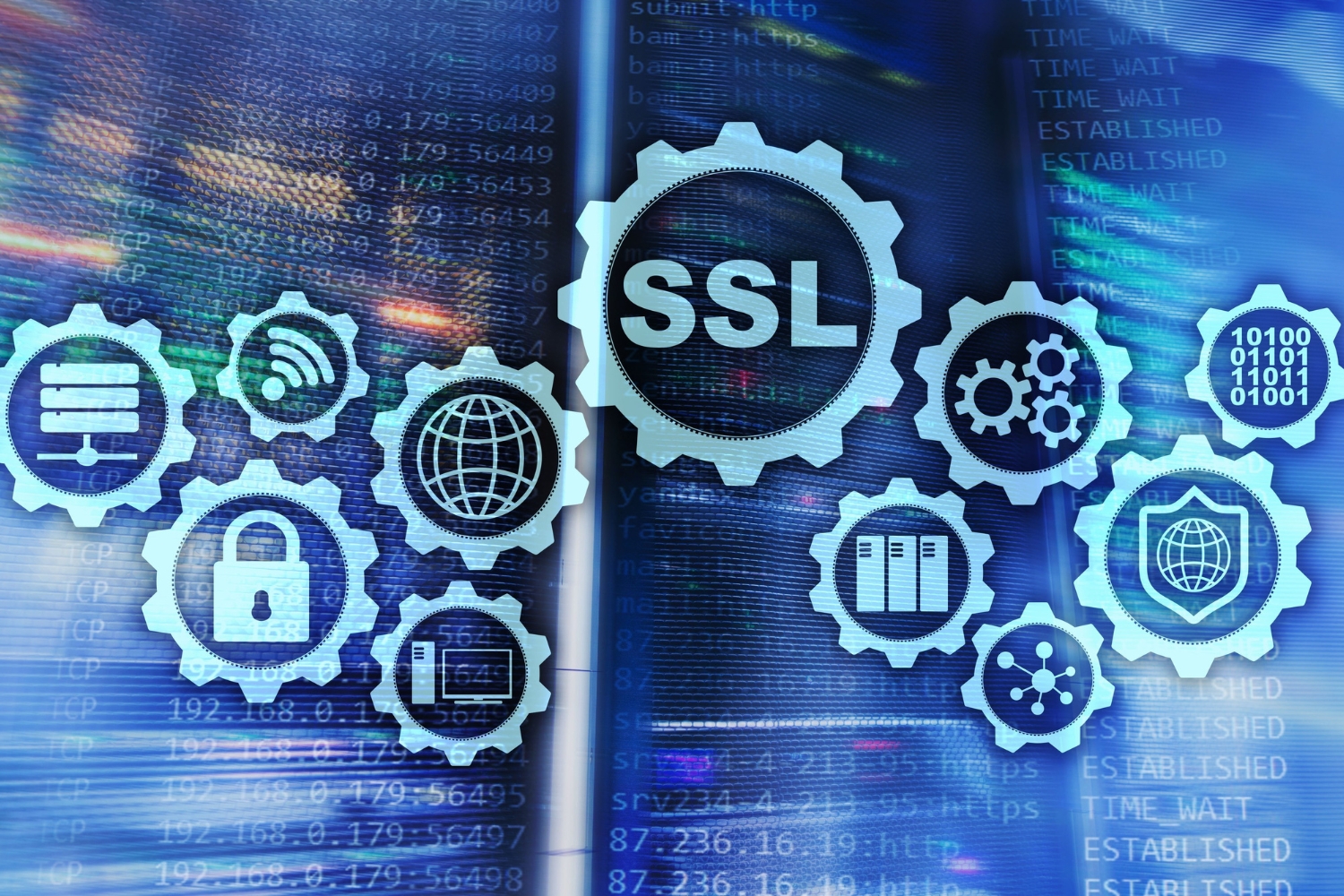In the ever-expanding digital landscape, the security of websites has become a paramount concern. At the heart of safeguarding online data and ensuring the integrity of user interactions lies the crucial role played by SSL certificates. SSL, or Secure Socket Layer, is a cryptographic protocol that facilitates a secure and encrypted connection between a user’s web browser and the website’s server. This article explores the multifaceted significance of SSL certificates in bolstering website security. From understanding the fundamentals of SSL encryption to delving into the various types of certificates and their respective authorities, we aim to shed light on the pivotal role SSL plays in fostering trust, protecting sensitive information, and enhancing the overall cybersecurity posture of websites.
Understanding SSL Certificates
SSL certificates are fundamental to ensuring secure online communication in today’s expansive digital realm. At their core, SSL, or Secure Socket Layer, certificates function as cryptographic keys that enable the encryption of data transmitted between a user’s web browser and the website’s server. This encryption is a pivotal aspect of cybersecurity, as it protects sensitive information from unauthorised access during transit.
Furthermore, SSL certificates come in various types, each serving specific needs. For instance, Domain Validated (DV) certificates provide basic encryption, while more rigorous Extended Validation (EV) certificates undergo a meticulous validation process, instilling a higher level of trust.
Importance of SSL Certificates in Website Security
The significance of SSL certificates in bolstering website security cannot be overstated. One of their primary roles is to ensure data encryption during the transmission process. This encryption serves as a robust defence mechanism, protecting user information such as login credentials, personal details, and financial transactions from potential eavesdropping and data breaches.
Beyond encryption, SSL certificates contribute to authentication by verifying the legitimacy of a website. Users can trust that the information they share goes to the intended recipient, establishing a sense of reliability and credibility.
Moreover, in the ever-evolving landscape of search engine algorithms, SSL plays a pivotal role in SEO, as search engines like Google prioritise secure websites, impacting rankings and online visibility. In essence, SSL certificates serve as the cornerstone of a secure, trustworthy, and well-ranked online presence.
SSL Implementation Best Practices
Effectively implementing SSL certificates requires careful consideration of various factors to ensure optimal website security. Choosing the right type of SSL certificate is the initial step, aligning the level of encryption and validation with the specific needs of the website. Once selected, installing SSL certificates correctly is paramount. This involves configuring the server settings to establish a secure connection and integrating the certificate seamlessly. Regular updates to SSL certificates are essential to address vulnerabilities and stay abreast of evolving security standards.
Additionally, website owners must be vigilant about resolving mixed content issues, where both secure (HTTPS) and non-secure (HTTP) elements coexist on a page, potentially compromising the overall security of the site. By adhering to these best practices, website administrators can enhance the effectiveness of SSL implementation, fortifying their websites against potential security threats.
Common Challenges and Solutions
While SSL certificates play a crucial role in enhancing website security, they are not without their challenges. One common issue is the expiration of certificates, which can disrupt secure connections and expose websites to vulnerabilities. Regularly updating SSL certificates is a straightforward solution to mitigate this risk. Compatibility with older web browsers is another challenge, as outdated browsers may not fully support modern encryption standards. Web administrators should be proactive in ensuring compatibility or encouraging users to update their browsers for a seamless and secure browsing experience.
Additionally, performance considerations may arise due to the computational overhead of encrypting and decrypting data. However, advancements in hardware and optimised SSL/TLS protocols help alleviate these concerns. By addressing these challenges and implementing appropriate solutions, website owners can maintain the integrity of their SSL certificates and provide a secure online environment for their users.
Future Trends in SSL Certificates
The landscape of online security is dynamic, prompting ongoing advancements in SSL certificates to stay ahead of emerging threats. One notable trend is the exploration of post-quantum cryptography to ensure resilience against potential quantum computing attacks. As quantum computers continue to evolve, the need for cryptographic algorithms resistant to their computational capabilities becomes increasingly imperative.
Another frontier is the intersection of SSL certificates with Internet of Things (IoT) security. With the proliferation of connected devices, integrating SSL certificates into IoT ecosystems is vital for safeguarding data exchanged between devices and maintaining the confidentiality of sensitive information.
SSL standards are expected to undergo continued evolution, adapting to the ever-changing cybersecurity landscape. Staying abreast of these trends will be crucial for website owners and security professionals alike to fortify their digital assets against future threats and challenges.

Securing Tomorrow: SSL Certificates as the Guardians of Trust in the Ever-Changing Digital Landscape
SSL certificates stand as a cornerstone in fortifying website security, playing a pivotal role in encrypting data, authenticating websites, and influencing search engine rankings. As we navigate the intricacies of SSL certificates, it becomes evident that their proper implementation is crucial for fostering trust and confidence among users.
By understanding the various types of certificates, selecting the appropriate level of validation, and keeping abreast of evolving security standards, website owners can establish a robust defence against potential cyber threats. Despite the challenges associated with SSL certificates, such as expiration and compatibility issues, proactive measures and best practices can effectively address these concerns.
Looking ahead, the future trends in SSL, from post-quantum cryptography to IoT integration, underscore the dynamic nature of online security. Embracing these trends will be paramount in ensuring the continued efficacy of SSL certificates as indispensable guardians of the digital realm. In essence, SSL certificates not only secure data but also serve as the bedrock of a trustworthy and resilient online presence.
At JezNorthWeb, we understand the pivotal role SSL certificates play in ensuring the security and trustworthiness of your website. Our commitment to providing reliable and secure website hosting services aligns seamlessly with the insights shared in this article. Trust us to not only host your website but to fortify it against potential threats, implementing the latest SSL standards and ensuring a seamless experience for your users. Elevate your online security with JezNorthWeb – where your website’s protection is our priority. Take the proactive step today towards a secure digital future.







